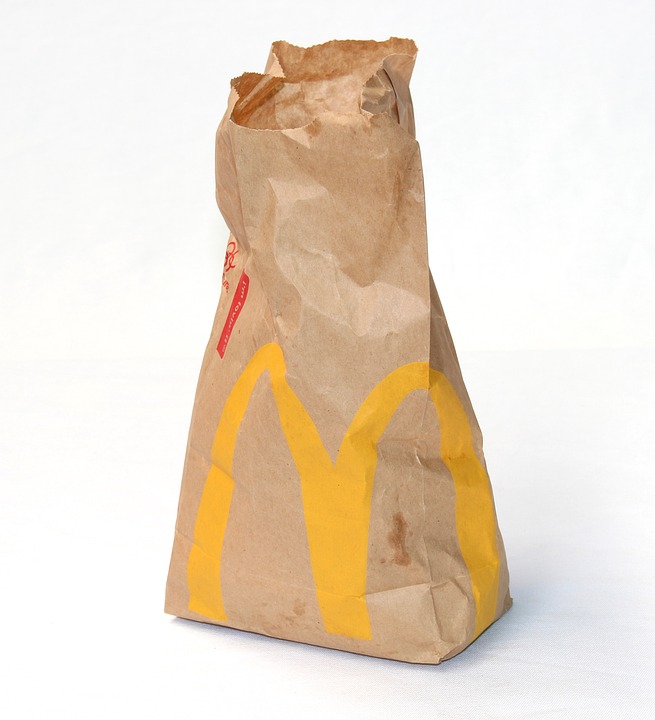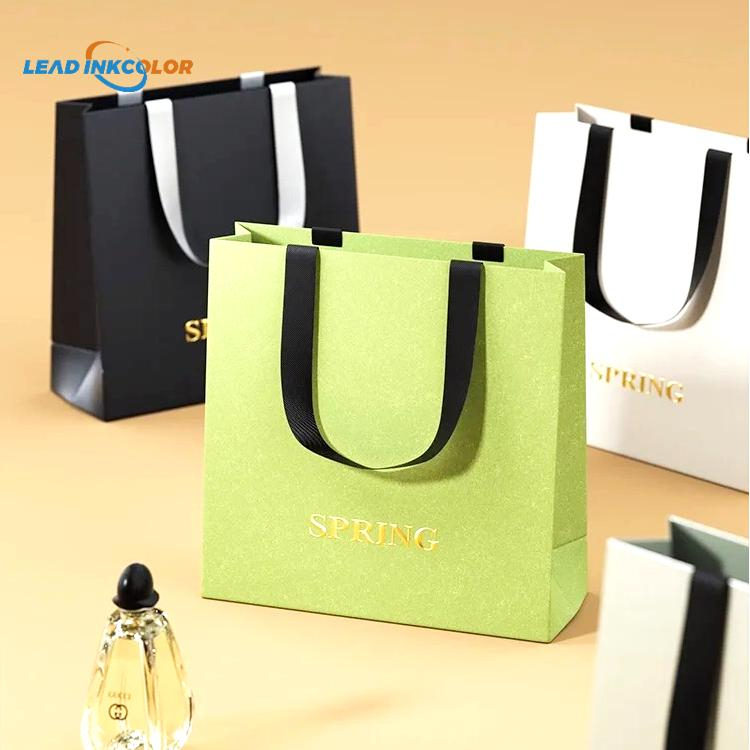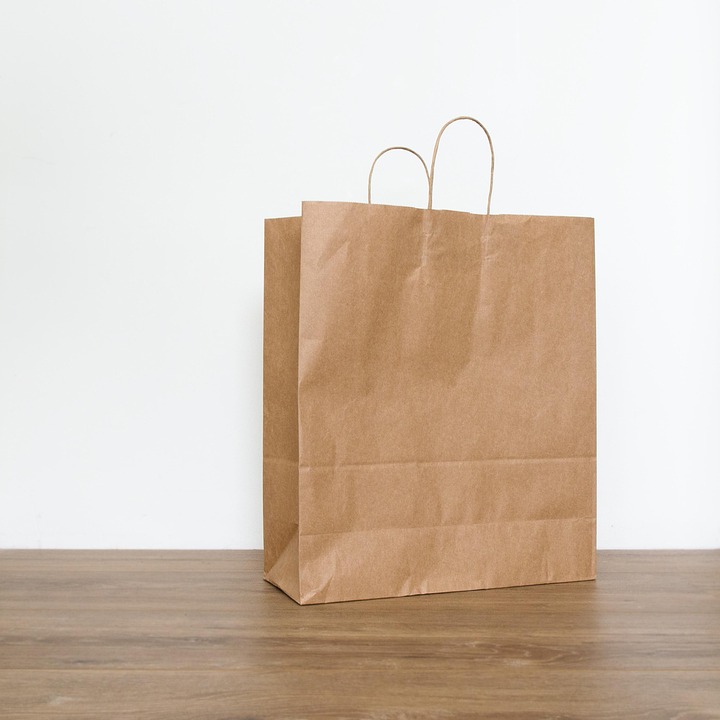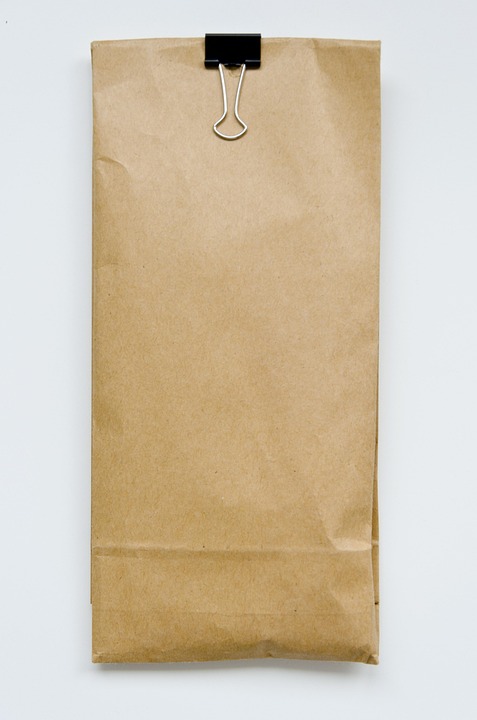-
home dongguan Houjie Industrial Park

Paper Bags vs Plastic Bags: Which is Greener?
[ad_1]
As the world continues to grapple with the issue of climate change, many of us are looking for ways to reduce our environmental impact. One of the simplest ways to do this is by switching from plastic bags to paper bags or other eco-friendly alternatives. But which option is greener? The answer is not as straightforward as it seems.
The Case for Paper Bags
Paper bags are a popular alternative to plastic bags, and for good reason. They are biodegradable, compostable, and can be recycled. In fact, many companies are now opting for paper bags as their go-to packaging solution due to their eco-friendly credentials. However, paper bags are not without their drawbacks. They can be more expensive than plastic bags, which can be a significant cost burden for businesses, and they also tend to be less durable, which means they may not be suitable for all types of products.
The Case for Plastic Bags
Despite their reputation as a major environmental villain, plastic bags are still a popular choice for many businesses. They are convenient, cheap, and can be used for a wide range of products. However, plastic bags are not without their environmental drawbacks. They are made from non-renewable resources, such as petroleum, and can take hundreds of years to decompose. In fact, it is estimated that over 100 billion plastic bags are used worldwide every year, many of which end up in landfills and oceans.
The Verdict: Is One Greener than the Other?
So, which is greener, paper bags or plastic bags? The answer is not a simple one. Both have their pros and cons, and the choice between the two ultimately depends on a variety of factors, including the type of product being packaged, the frequency of use, and the level of durability required. However, if forced to choose, paper bags may be the more environmentally friendly option, as they are biodegradable and can be composted, while plastic bags are made from non-renewable resources and can take centuries to decompose.
That being said, there are other options available that may be even greener than both paper and plastic bags. For example, reusable bags made from materials such as cotton, jute, or mesh are an increasingly popular choice among environmentally conscious consumers. These bags can be used multiple times, making them a more sustainable option than single-use bags, and can also be made from sustainable materials such as organic cotton or recycled plastic.
A Conclusion
In conclusion, while both paper and plastic bags have their environmental drawbacks, the choice between the two ultimately depends on a variety of factors, including the type of product being packaged, the frequency of use, and the level of durability required. However, with the rise of reusable bags and other eco-friendly packaging solutions, there are many options available for those looking to reduce their environmental impact. Whether it’s paper, plastic, or something in between, making the right choice can make a big difference in our effort to create a more sustainable future.
FAQs
- Are paper bags biodegradable? Yes, paper bags are biodegradable and can be composted, but it’s important to note that not all paper bags are created equal, and some may not be fully biodegradable.
- Are plastic bags made from a renewable resource? No, plastic bags are made from non-renewable resources such as petroleum.
- How often should I use reusable bags? It’s recommended to use reusable bags multiple times, ideally at least 50-100 times, before replacing them. This can help reduce waste and therefore our environmental impact.
- What are some eco-friendly packaging options? In addition to paper bags and reusable bags, some other eco-friendly packaging options include packages made from recycled materials, biodegradable bags, and boxes made from sustainably sourced materials.
- Can I recycle my plastic bags? It’s generally not recommended to recycle plastic bags, as they can become tangled in recycling machinery and cause contamination. Instead, try to reduce your use of plastic bags and opt for more sustainable alternatives.
[ad_2]






